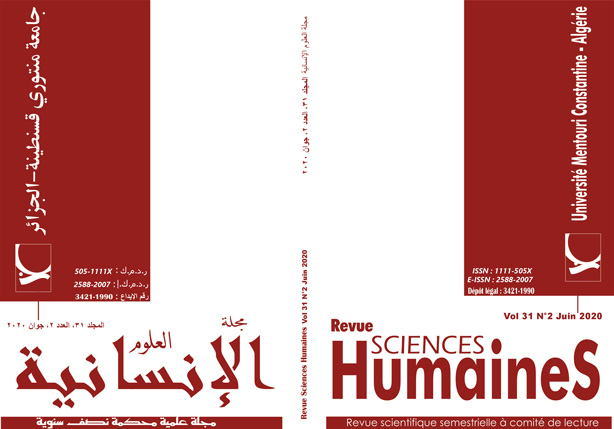Moodle in the Algerian EFL Classroom: Practical Considerations
Keywords:
Hutchinson and Waters’ Model, moodle, Needs Analysis, WritingAbstract
Following Hutchinson and Waters’ (1987) model of needs analysis, the study tried to identify students’ wants, necessities and lacks that were existing at the level of assessment in the writing module at the English Department at Tlemcen University. It tried to demonstrate the importance of using Moodle for the sake of meeting those needs. To achieve these aims, a questionnaire was administered to 35 first-year students. The results revealed that students needed more writing sessions, practice, feedback, teacher-learner interaction, self-assessment, formative assessment, remedial work and diagnosis. They also needed to have a relaxing, motivating, attractive, and up-to-date 21st century evaluation that would help them, accurately, be aware of their mistakes and writing problems in an organized manner. Moodle, as an alternative assessment method, can meet those needs due to the large features it offers with regard to the evaluation.
Downloads
References
. Romanowski, P. (2017). Proposing a comprehensive framework for needs analysis in ESP – on the integrality of needs analysis in Business English course design.
. Ramani, N. and P. Thiruvengadam (2015). Importance of needs analysis in ELT Curriculum.
. Hutchinson, T. and A. Waters (1987). English for Specific Purposes, Cambridge University Press.
. Mohammed, E., et al. (2018). "Needs Analysis in English for Academic Purposes : The Case of Teaching Assistants at the University of Khartoum." How 25(2) : 49-68.
. LAMRI, C. E. (2015). Promoting the Reading Skill through Blended Learning for ELP Students : The case of Master’s Students in the Faculty of Law and Political sciences at Abou-Bekr BELKAID University, Tlemcen (Doctoral dissertation).
. Gusti, A. (1999). The Role of Needs Analysis in English for Specific Purposes.
. Tahir, A. (2011). Learning Needs – A Neglected Terrain : Implications of Need Hierarchy Theory for ESP Needs Analysis.
. Al-Ajlan, A. & H. Zedan (2008). Why moodle. 2008 12th IEEE International Workshop on Future Trends of Distributed Computing Systems, IEEE.
. Flowerdew & Peacock (2001). Research perspectives on English for academic purposes. Cambridge, Cambridge Univ. Press.
. Songhori, M. H. (2008). "Introduction to needs analysis." English for specific purposes world 4(20) : 1-25.
. Costa, C., et al. (2012). "The Use of Moodle e-learning Platform : A Study in a Portuguese University." Procedia Technology 5 : 334-343.
Downloads
Published
How to Cite
Issue
Section
License

This work is licensed under a Creative Commons Attribution-NonCommercial-ShareAlike 4.0 International License.
















